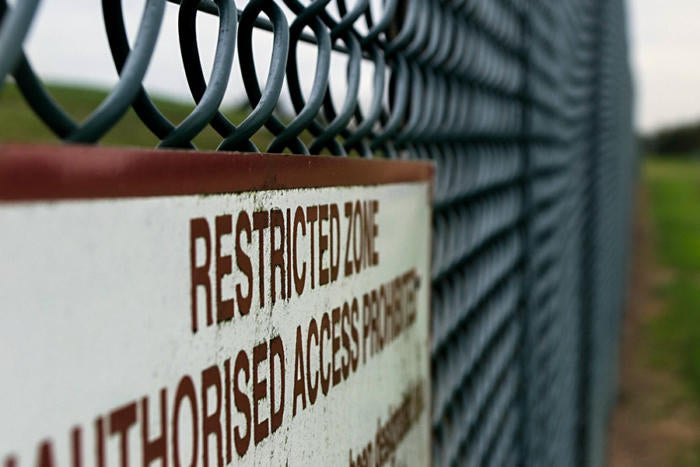- The new Outlook for Windows adds Copilot and other perks, but I still prefer the classic version
- I replaced my iPhone with an e-paper Android handset - here's my buying advice a month later
- #Infosec2025: Cybersecurity Support Networks Too Fragmented for SMBs
- Cisco Networking App Marketplace Partners at Cisco Live 2025
- Sergio Bernabé asciende a director de Tecnología y Operaciones del Grupo Santalucía
Government-imposed internet shutdowns impacted 1.9 billion people in first half of 2022

Internet shutdowns by governments across the world impacted 1.89 billion citizens globally in the first half of 2022, a 22% increase when compared with the second half of 2021.
A recent report compiled by VPN service provider Surfshark found there were 66 state-mandated internet blackouts imposed across six countries and territories during the period: Burkina Faso, India, Jammu and Kashmir, Kazakhstan, Pakistan, and Sudan. Local shutdowns were observed in India, Jammu and Kashmir region, and Pakistan, while Burkina Faso, Kazakhstan, and Sudan chose to cut down internet connections nationwide.
While there was an overall decrease in the number of internet shutdowns during the period—72 cases in the first half of 2022 compared with 84 reported in the second half of 2021—the number of people impacted was much higher, as reliance on the internet has increased globally.
“We see a positive trend of internet restriction cases going down this half of the year. Nevertheless, the number of countries that use internet disruptions as a weapon to silence citizens’ unrest remains worryingly high,” Agneska Sablovskaja, lead researcher at Surfshark said in a statement. “Most cases are of national or local magnitude where the internet is slowed or completely shut down, leaving its people without most of their communication means.”
Censorship is spreading across the globe
The Surfshark research highlighted that social media censorship cases this year spread through all continents.
“In the first half of 2022, Surfshark recorded six incidents in five countries: Brazil, Burkina Faso, Sri Lanka, and Zimbabwe have all shut down their social media once, and Russia twice, with one case still ongoing. The most common reasons for censorship were political turmoil and protests,” the report said.
Facebook was the most commonly restricted social media app during the period. About 46% of the global population was found to be affected by government-imposed Facebook restrictions over the past seven years, the report said. WhatsApp was the most censored voice-over IP (VoIP) app, while governments also targeted Twitter, Instagram, Telegram, and YouTube.
Close to 85% of the internet shutdown cases (61) took place in India and the Jammu and Kashmir region. Out of 72 internet disruption cases in 2022, social media platforms were targeted six times: twice in Europe and Africa, and once in Asia and South America.
According to the Surfshark study, 5.7 billion people in 76 countries have been deprived of internet access since 2015.
“The slight decrease in observed nation-scale internet shutdowns in early 2022 follows a period of unprecedented reliance on the internet during the pandemic,” said Alp Toker, CEO of global internet watchdog NetBlocks. “Yet this is no reprieve—around the world the overall decline in freedoms continues, which is why it is essential to monitor and support human rights and democracy in the digital sphere.”
Copyright © 2022 IDG Communications, Inc.

